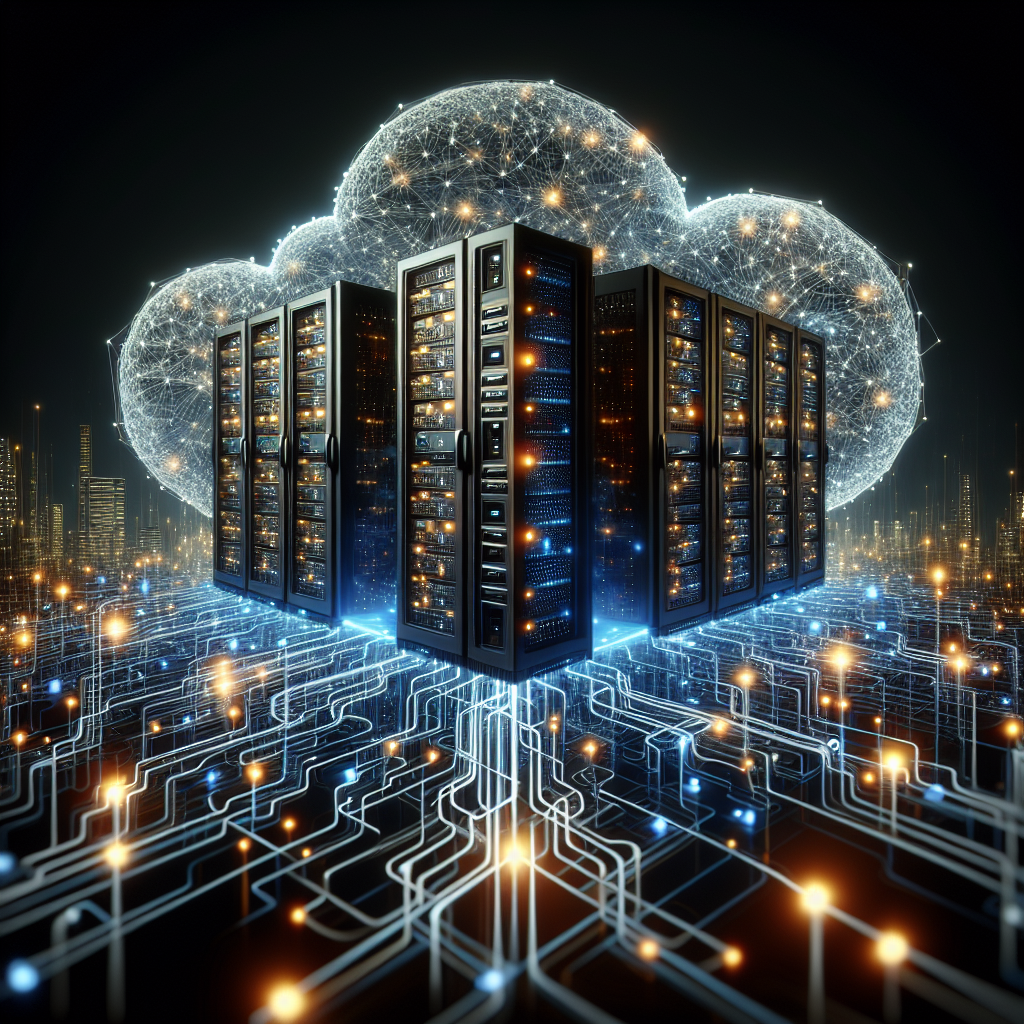Your cart is currently empty!
How Data Centers Are Transforming the Landscape of Big Data Analytics and Machine Learning

In recent years, data centers have become essential to the advancement of big data analytics and machine learning. These facilities, which house large amounts of servers and storage devices, play a crucial role in processing and analyzing massive amounts of data to extract valuable insights and make informed decisions.
Data centers have transformed the landscape of big data analytics by providing the infrastructure needed to store, manage, and process vast amounts of data. With the exponential growth of data generated by various sources such as social media, sensors, and IoT devices, traditional IT infrastructures are no longer capable of handling the volume, velocity, and variety of data. Data centers offer scalable and reliable solutions to accommodate the ever-increasing data demands of organizations.
Moreover, data centers have enabled the development and deployment of machine learning algorithms that power intelligent systems and automation. Machine learning algorithms require substantial computational power to train models on large datasets and make predictions in real-time. Data centers provide the processing power and storage capabilities needed to support the complex computations required by machine learning applications.
The use of data centers in big data analytics and machine learning has also led to advancements in data security and privacy. With the increasing concerns over data breaches and cyber threats, organizations are turning to data centers to ensure the confidentiality, integrity, and availability of their data. Data centers offer robust security measures such as firewalls, encryption, and access controls to protect sensitive information and prevent unauthorized access.
Furthermore, data centers have paved the way for the adoption of cloud computing and distributed computing technologies in big data analytics and machine learning. Cloud-based data centers allow organizations to access on-demand resources and scale their infrastructure based on their needs. Distributed computing frameworks such as Hadoop and Spark enable organizations to process large datasets in parallel across multiple servers, improving the speed and efficiency of data processing.
In conclusion, data centers are transforming the landscape of big data analytics and machine learning by providing the necessary infrastructure, computational power, and security measures to support the growing demands of data-driven organizations. As the volume and complexity of data continue to increase, data centers will play a crucial role in enabling organizations to harness the power of data analytics and machine learning to drive innovation and competitive advantage.

Leave a Reply